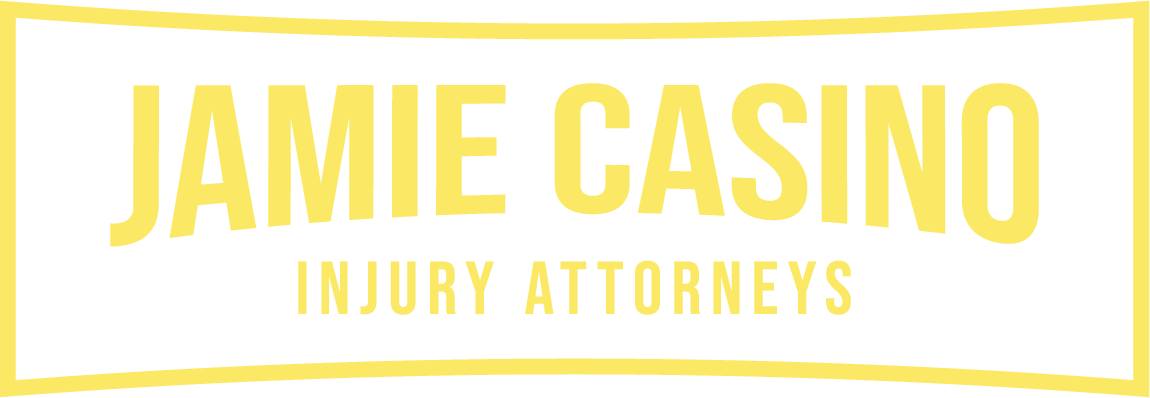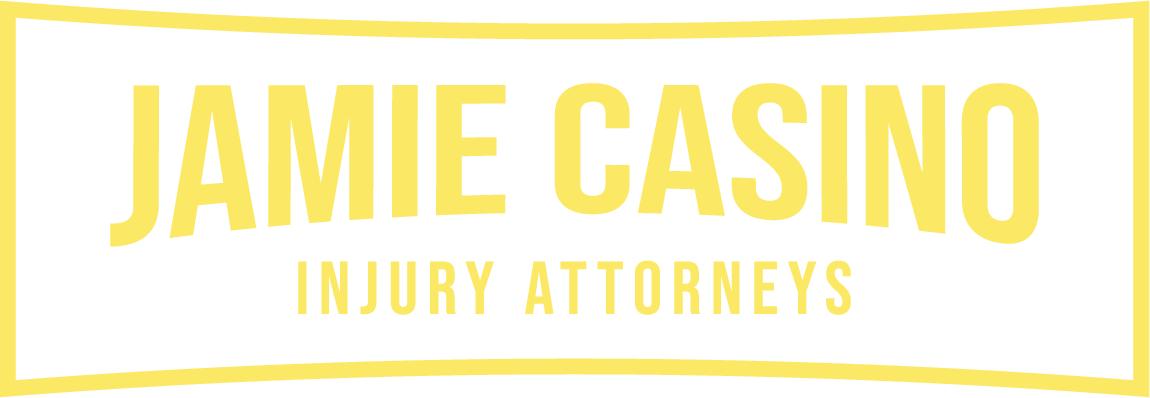
Nursing Home Emotional Abuse Attorneys in Savannah
We Can Put a Stop to the Suffering
Emotional abuse in a nursing home (also referred to as psychological/mental abuse) occurs when a caretaker knowingly and intentionally causes emotional torment to a resident through verbal or non-verbal behavior. It can be caused in a multitude of ways, including humiliation, cruelness, degradation, condescension, or intimidation through bullying.
Nursing home emotional abuse can be crushing to a resident and can cause depression, low self-esteem, and even thoughts of suicide. If you suspect your loved one is being treated unfairly and may be suffering emotional abuse, you need the support of Jamie Casino Injury Attorneys. Our Savannah emotional abuse attorneys can help you fight back against the care facility that is inflicting devastating harm on your loved one.
Take the first step toward justice – call us at (912) 809-5335 today.
Types of Emotional Abuse in Nursing Homes
Emotional abuse in nursing homes can occur in a variety of ways. Though it can be difficult to notice or prove this type of abuse, it’s important to recognize the warning signs so that you can fully protect your loved one.
Verbal Degradation
A professional caretaker is supposed to offer comfort and kindness to residents in a nursing home. However, some caretakers and nursing home staff instead treat residents with disdain, intimidation, or other types of verbal degradation.
If a resident is being screamed at constantly, ridiculed for their ailments or bodily functions, humiliated and embarrassed in public, insulted, bullied or threatened, or talked down to like an infant or pet, it is a form of verbal degradation. This can have a profound effect on the resident’s state of mind, especially one whose mental state may already be weakened or more sensitive due to medical issues, vulnerability, loss of dignity, or advanced age.
Verbal Threats
Threats are in a league of their own when it comes to emotional nursing home abuse. Threats indicate the intention – whether real or fabricated – to cause physical harm to somebody. A verbal threat can be made by withholding certain necessities – for example, if a caretaker threatens not to feed a resident if they wet themselves.
Threats can cause great fear and anxiety in a nursing home resident, causing stress that, at their age, is very bad for their body and mind. Threats can also be used to manipulate a resident into performing an action, often against their will.
Emotional Manipulation
Many nursing home residents feel insecure or indignant because they now rely on others to do simple, everyday tasks. Some feel very self-conscious or embarrassed that they require the help of others to do things like bathing or use the bathroom. This may lead to low self-esteem, insecurity, or a sense of helplessness. Residents who are in this state of mind are more at risk for emotional manipulation and other forms of emotional abuse.
In some cases, a caretaker may take advantage of a resident’s state of mind to manipulate them for their own benefit. When a nursing home resident is intimidated into resisting the urge to use the bathroom properly or ask for essential medications or food, it could cause them physical harm. Yet a cruel caretaker could take advantage of this, perhaps making sarcastic or hurtful remarks about a resident’s condition or body, causing them to request their assistance less out of shame, or even guilt-tripping a resident into thinking they’re a great burden to the caretaker or everyone else.
Emotional Threats
This form of emotional abuse in nursing homes occurs when a resident is threatened into staying silent, like when a resident is abused or they witness the abuse of another resident. The threat of physical harm or punishment to a resident may cause psychological anguish to them. These threats are similar to verbal threats and have a very similar effect, yet it is not necessary to verbalize a threat for it to have a negative and emotionally damaging effect on a resident.
Isolation
Another form of emotional abuse in a nursing home is isolating a resident away from family, friends, and other residents. It can be taken as a sort of punishment to the resident, who might feel lonely or guilty for something they may or may not have done. It can also lead to depression and feelings of abandonment. The silent treatment is a form of psychological abuse in a nursing home that can toy with a resident’s emotions and cause distress.
Signs of Emotional Nursing Home Abuse
Warning signs of emotional nursing home abuse can be hard to detect. Nevertheless, emotional abuse can cause great mental, emotional, and physical harm to a resident. Its early detection is essential to the elder’s health and well-being.
Some signs of emotional or psychological abuse in a nursing home include:
- Confusion and bewilderment
- Depression
- Frantic behavior
- Unprovoked rage
- Low self-esteem or self-loathing
- Extreme mood changes
- Abnormal or sudden quietness
- Feelings of vulnerability
- Unwillingness to speak candidly
- Panic or heightened anxiety
- Withdrawal
Sometimes a nursing home resident may feel embarrassed or afraid to inform others about emotional abuse that they endure, either because they feel ashamed or because they are afraid that they will be punished. They may also wish to not be a burden on family members and may feel like they should be strong and suffer through the emotional abuse on their own.
It most cases, it’s up to a diligent friend or family member to sense when something is wrong and either talk to the resident about it or discuss the situation with a manager at the nursing home.
Jamie Casino Injury Attorneys Gives Abused Elders a Voice
If your loved one is, in fact, being emotionally abused, you may have the right to take legal action and collect compensation for their suffering. Our Savannah emotional abuse attorneys want to make sure the facility responsible is held liable in court.
To find out if you have a case, contact us online or call (912) 809-5335 today.
-
Bicycle Fatality
Bicyclist killed by a commercial vehicle.
-
DUI / Serious Injury Wreck
Head-On DUI collision.
-
Tractor Trailer Collision
Rear-End Tractor-Trailer Collision
-
Negligent Security
Fatal Shooting at Nightclub
-
Drunk Driving Collision
DUI collision with moderate injuries.
-
Tow Truck Collision
Rear-end tow truck collision.

THE RIGHT ATTORNEY CAN MAKE THE DIFFERENCE
-
Proven ResultsOur firm has a long track record of successful verdicts & settlements for the seriously injured, including many in excess of policy limits.
-
Insurance Industry InsightOur attorneys understand how insurance companies operate and know how to prevent them from minimizing your injuries.
-
Fearless AdvocacyOur aggressive legal team is not afraid to go to trial to speak for victims of injury who cannot speak for themselves.
-
Unwavering CommitmentWhen it comes to fighting for your recovery, we refuse to settle for anything less than the full and fair compensation you deserve.

-
I highly recommend the Jamie Casino Law Firm.
I looked at a few firms to help me with my accident. I settled on the Jamie Casino Law Firm based on recommendations, all the positive reviews I read, and my interaction with the Intake Manager ...
- Randy Bolduc -
Best injury lawyers in town!
Best injury lawyers in town!
- Angela Tapley -
My family and I appreciate all of their hard work!
Aisha in the Demand department and Toni from Records was very patient and very diligent with giving me the info on how the process was going. My family and I appreciate all of their hard work!
- Chelsea J.
DROP THE HAMMER!
On Negligent Parties & Insurance CompaniesContact Us 24/7 for a Free Consultation

